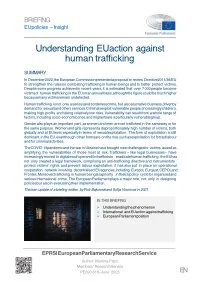By John Ketchamand Daniel Di Martino
Since the summer of 2022, more than 70,000 asylum seekers have arrived in New York City, stretching public resources to their limit. The massive influx has been particularly challenging given the city’s “right to shelter,” the result of a 1979 lawsuit, Callahan v. Carey, and corresponding consent decree, which required the city to provide immediate shelter to those who request it, regardless of the number of applicants or the availability of resources. In order to comply with this requirement, the city has housed some 40,000 migrants in shelters—which has led to an approximately 70% spike in the shelter population in a single year. NYC is currently supporting more than 170 emergency shelters and 10 additional large-scale humanitarian relief centers.
Shelters and relief centers simply cannot house all the newly arrived migrants, which has forced the city to procure approximately 4,500 hotel rooms in unionized facilities,[1] often through expensive contracts that provide bonanzas to owners and the city’s hotel-worker unions. Most notably, on May 13, Mayor Eric Adams announced that the historic 1,025-room Roosevelt Hotel, located in the heart of Midtown East, would become New York City’s central migrant intake center,[2] at a reported cost of $225 million.[3] In addition to hosting hundreds of families and individuals on-site, the location will process all arriving asylum seekers and provide them with a range of city services, including government-issued ID cards, public-school and health-insurance enrollment, mental-health counseling, and more.
New York: Manhattan Institute, 2023. 19p.





















